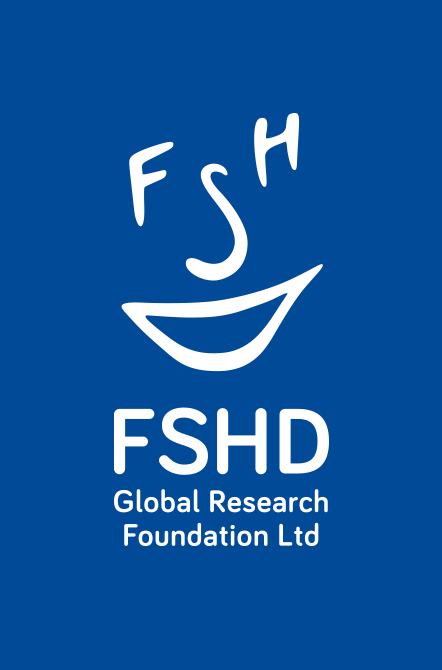GRANT 14
Research Institution: Institut de Biologie du Developpement de Marseille Luminy, IBDML
Principle Investigator: Prof Francoise Helmbacher & Dr Robyn Fitzsimons
Type: Collaborative
Project title: “Tissue-specific silencing of the Planar cell polarity gene FAT1 as a causal mechanism for FSHD”
Status: Completed
Summary
Dr. Francoise Helmbacher’s team studied the link between a gene called FAT1 and FSHD, in collaboration with two other groups in Marseille and Paris. Although FSHD is associated with defects on chromosome 4 which causes production of DUX4 protein, other factors must contribute to appearance of FSHD symptoms. The team observed that mice with no FAT1 gene have FSHD-like symptoms, and that one DNA abnormality in the FAT1 gene was more frequent in FSHD patients than in healthy individuals, adding to other known abnormalities in DUX4 inducing muscle wasting. To obtain further evidence that FAT1 dysfunction contributes to FSHD symptoms, they carried on additional studies. They studied the genes (DNA) in patients with FSHD-like symptoms but without the known FSHD1 or FSHD2 markers and found alterations in the FAT1 gene, affecting the FAT1 RNA that produces the FAT1 protein. Therefore, FAT1 mutations can cause FSHD-like symptoms, without DUX4 toxic protein. These FSHD-like cases are rare. Thus it is important to understand what impact FAT1 has in the more frequent FSHD1 and FSHD2 cases. The researchers then found lowered levels of FAT1 protein in fetuses and adults with FSHD and that lowered FAT1 protein correlated with FSHD disease severity and with earlier age of onset. Using muscle cells from FSHD1 patients grown in the lab, they demonstrated that this reduction was not caused by DUX4 protein, indicating that FAT1 is acting independently, but in parallel with DUX4 protein. Using FAT1 engineered mice, they showed that FAT1 also affects another type of tissue, called mesenchyme, to control muscle shape during embryonic development and correct muscle growth. Their results indicate that disrupting the FAT1 gene is an adverse factor in FSHD, correlating with symptom onset. The researchers are currently designing novel experiments to translate these results into treatments by correcting the FAT1 dysfunction, in order to alleviate the symptoms.




